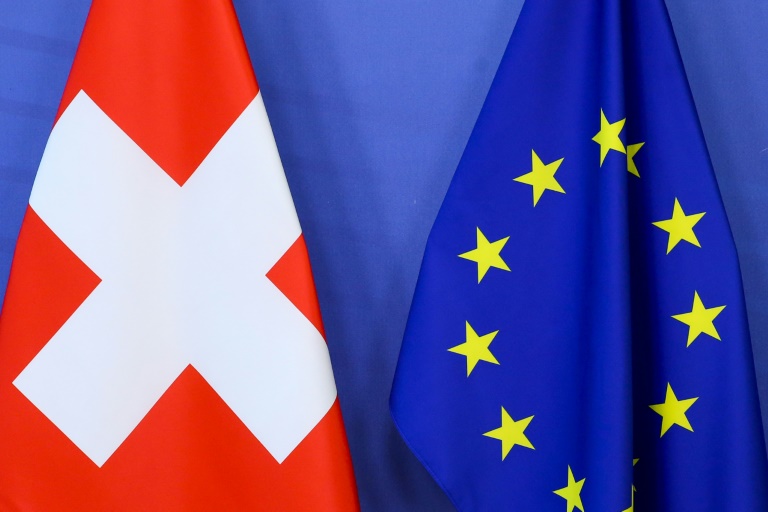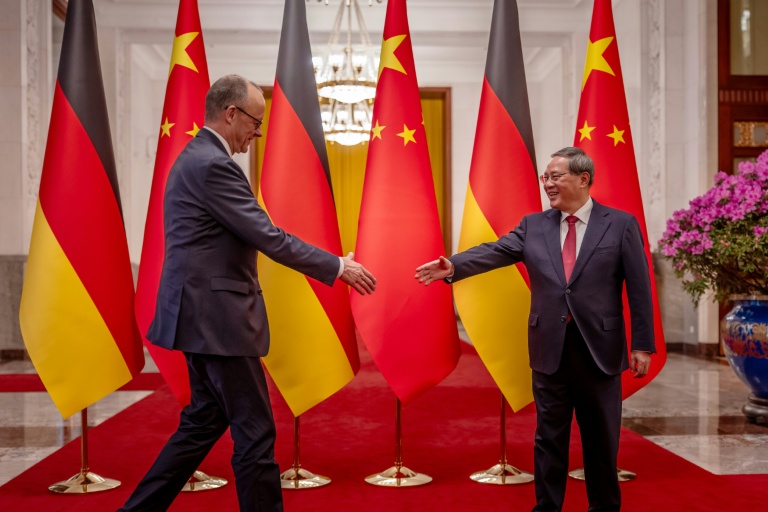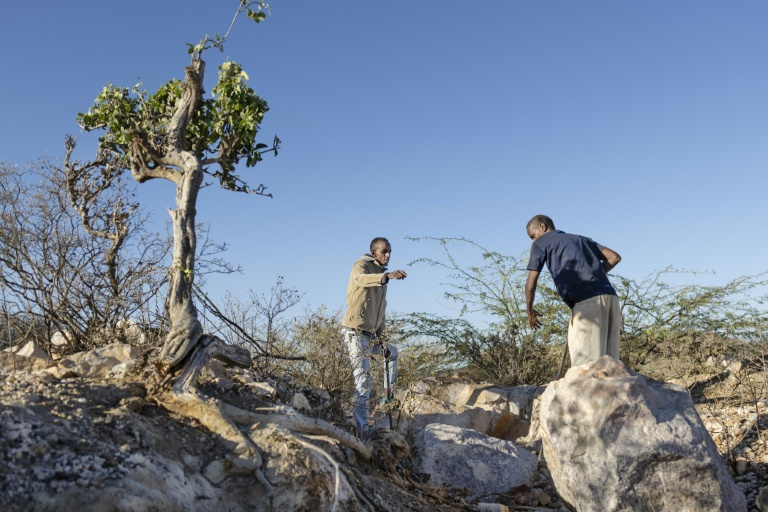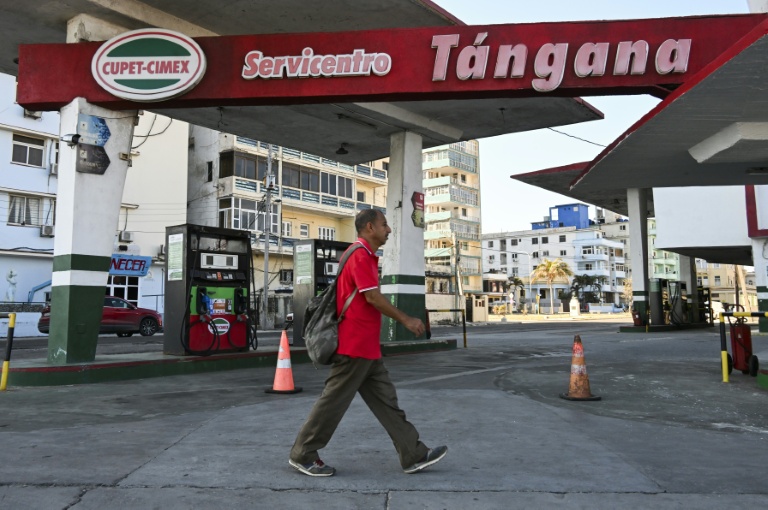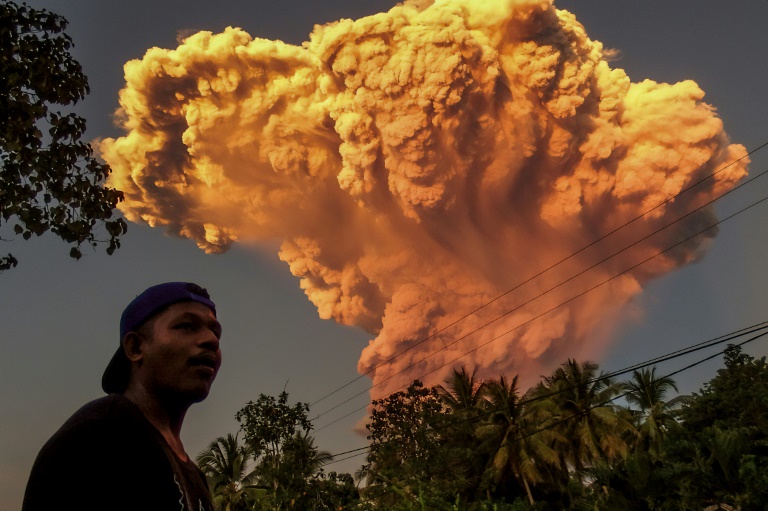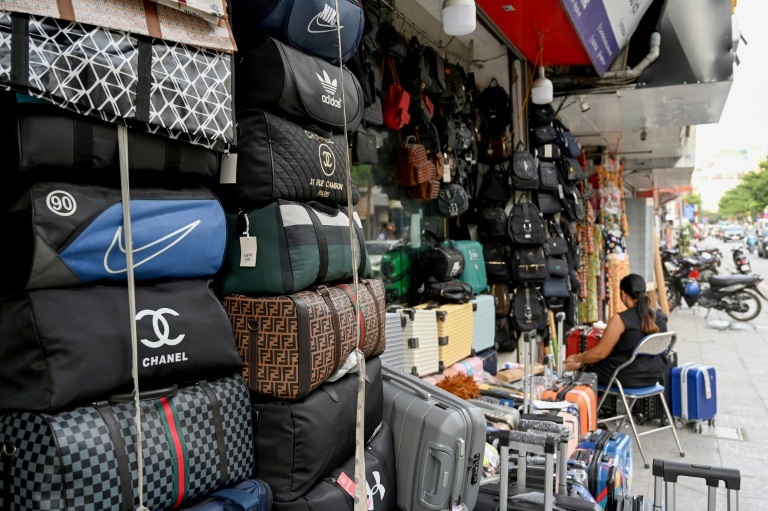Madrid (AFP) – A major power outage that paralysed the Iberian Peninsula in April was caused by “overvoltage” on the grid that triggered “a chain reaction,” according to a government report released Tuesday. The April 28 blackout had “multiple” causes, Ecological Transition Minister Sara Aagesen told reporters, adding that the system “lacked sufficient voltage control capacity” that day.
Overvoltage is when there is too much electrical voltage in a network, overloading equipment. Potential causes include surges in networks due to oversupply or lightning strikes, or when protective equipment is insufficient or fails. When faced with overvoltage, protective systems shut down parts of the grid, potentially leading to widespread power outages. Aagesen singled out the role of Spanish grid operator REE and certain energy companies she did not name that disconnected their plants “inappropriately…to protect their installations.” She also pointed to “insufficient voltage control capacity” on the system that day, due in part to a programming flaw, insisting that Spain’s grid was theoretically robust enough to handle such situations.
Due to these misjudgments, “we reached a point of no return with an uncontrollable chain reaction” that could only have been managed if steps had been taken beforehand to absorb the overvoltage problems, she added. Asked if the head of the grid operator should resign, Aagesen said the report was “not any kind of trial. It set out to determine the causes and to make recommendations.”
Authorities had scrambled to find answers after the outage cut internet and telephone connections, halted trains, shut businesses, and plunged cities into darkness across Spain and Portugal, as well as briefly affecting southwestern France. Prime Minister Pedro Sanchez announced the formation of an inquiry commission led by the ecological transition ministry shortly after the blackout, urging residents not to speculate until detailed results were available. He had warned that the probe’s conclusions could take several months given the complexity of the incident. The government, which has been mired in a corruption scandal involving a close aide of Sanchez, sped up the timeline in recent days. The commission of inquiry has met three times since Friday to prepare the publication of the report.
Following the outage, several hypotheses were considered to explain the blackout, including a cyberattack and a grid failure caused by excess renewable energy production. These theories were again dismissed by Aagesen on Tuesday, though she acknowledged that “vulnerabilities” and “deficiencies” had been identified in Spain’s power grid security systems. The right-wing opposition has questioned the Socialist-led coalition government’s phase-out of nuclear energy and reliance on renewables, saying they made Spain more vulnerable to blackouts. But the government says there is no evidence to suggest “an excess of renewables or the lack of nuclear power plants” caused the crisis.
According to Sarah Brown, Europe programme director at the energy think tank Ember, “renewables played a crucial role in restoring system stability and getting the power back on so quickly,” dismissing what she called “unhelpful and inaccurate speculation” blaming wind and solar power. The blackout “reinforces what we already knew. As power systems evolve, enhanced grid optimisation and flexibility are essential for resilience,” she said in a note.
Among the government report’s recommendations is the need for stronger supervision and compliance requirements for operators, increasing the country’s overall electrical capacity and boosting Spain’s electricity connections with neighbouring countries. The blackout exposed Spain and Portugal’s relative lack of interconnections, with support from France and Morocco playing an important role in restoring power. The European Investment Bank on Monday announced 1.6 billion euros ($1.8 billion) of funding for a major electricity interconnection between France and Spain, which would almost double power exchange capacity.
© 2024 AFP



